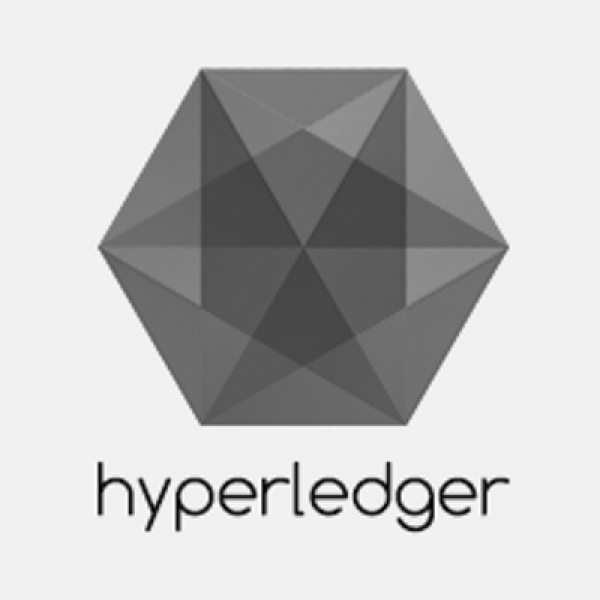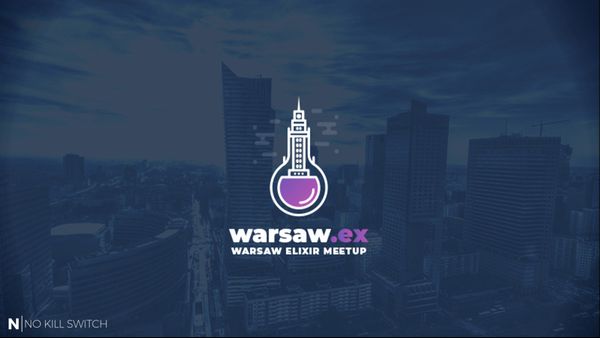Spotting an interesting product developing is always nice. And spotting a product that is related to few favorite topics of yours is almost like winning the lottery ;) That's why Hyperledger has grabbed my undivided attention so easily:
- it's highly distributed in a way that resembles BitCoin (but it doesn't introduce cryptocurrency by itself)
- it's OSS (the protocol is Open Sourced) (https://github.com/hyperledger)
- it's reference implementation is based on BEAM & written in Elixir
- it targets Financial Services business domain (but not only) ...
- ... and it aims very, very high
Should I say more?
Ok, but what's the fuss about?
Hyperledger is sort of distributed, decentralized ledger. In simple words - it's like a distributed transaction registry for settlements between separate entities. 'Distributed' is a key word here - you don't have to depend on any single 'high-trust' entity to broker (& certify) the transaction (for instance: cash transfer). The comparison to BitCoin (as a cryptocurrency) is like most on the spot - in this case there's no central bank
If you want to learn how it works, you can start here, but this whitepaper is VERY high-level. More details can be found in this (general idea) or that (smart contracts) blog post (highly recommended reads).
And just to confirm - Hyperledger describes itself (or rather - its authors describe it) as "The Global Internet of Value" & the value itself isn't limited to what we know as traditional cash - it may serve any other settlements involving measurable, mutually accepted resources.
What's the benefit?
What could it be used for? And who may be blown out of the saddle in the end?
The answer ain't that simple. Obviously: it may serve as a generic protocol for pretty much instant settlements between traditional banks (immediate cash transfers). But that's just a beginning - one of the traditional roles of banks were being the trusted authority that validates & guarantees cash operations: if those operations don't need such authorities anymore, position of banks weakens & FinTechs' one gets stronger.
This may entail far more serious consequences - financial markets getting even more open (& less controlled, quite likely also less transparent - but this statement may be found controversial by many), price war in for certain financial services, where banks get redundant, etc. Distributed may also mean 'more prone for malicious actions'.
The issue of trust
But who would trust a distributed network of 'something' that doesn't have a multi-billion, ever-present bank(s) beneath? This concern seems very valid or rather it seemed very valid few years ago - before BitCoin happened. But to be honest - crypto-currency is something much bigger (that requires far more trust) and as everyone can witness him(her)self - it's growing continuously.
FS realizes that & that's why start-ups like Hyperledger are being noticed - there are already first proofs it is:
- Swift appreciation - http://www.hyperledger.com/posts/2015-03-21-hyperledger-make-semi-final-of-swift-innotribe-2015.html
- Being noticed between the FinTechs - http://www.hyperledger.com/posts/2015-02-09-hyperledger-wins-bank-innovation-demovation-challenge-2015.html
Don't get me wrong, I'm quite far from being over-hyped with results of such competitions (especially in Financial Services market ;>), but Swift is not a pushover here (more details about the organization and its role here), so if they speak about it so openly, it's a great proof that treat is seriously (can you see the clash of interest?) and they are trying to get as much of it as possible.
As for today
Does it mean we won't need banks (or reduce them to loan/savings cash-bags) and / or organizations like Swift in the nearest future? Quite unlikely, but as reality has already proved - changes are already taking place, payments market is already freaking out (due to services like Apple Pay, Amazon Payments or Google Wallet), so impossible is nothing (but may take more time than you think, especially out of US).
Fingers crossed.








